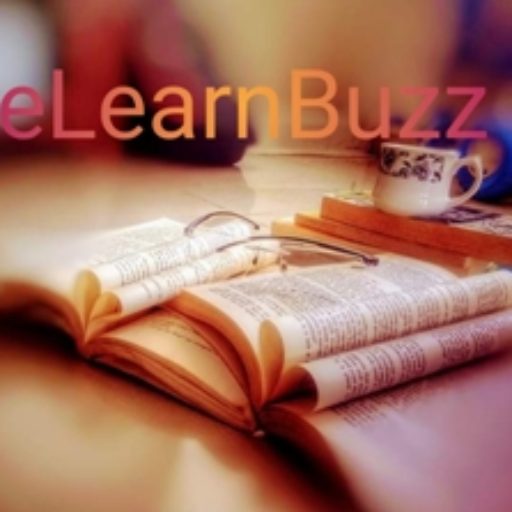Stages of Child Development for CTET and other TET
Stages of Child Development is important topic for CTET, KVS, HTET, PSTET, UPTET, MPTET and RAJTET Preparation. Following are the various stages of child development their period : Period of Stages of Child Development Prenatal (pre-birth) Stage: From conception to birth Infancy (Babies) Stage: From birth to 2 years Early Childhood (Toddlers/ Pre-schoolers): From 3…
